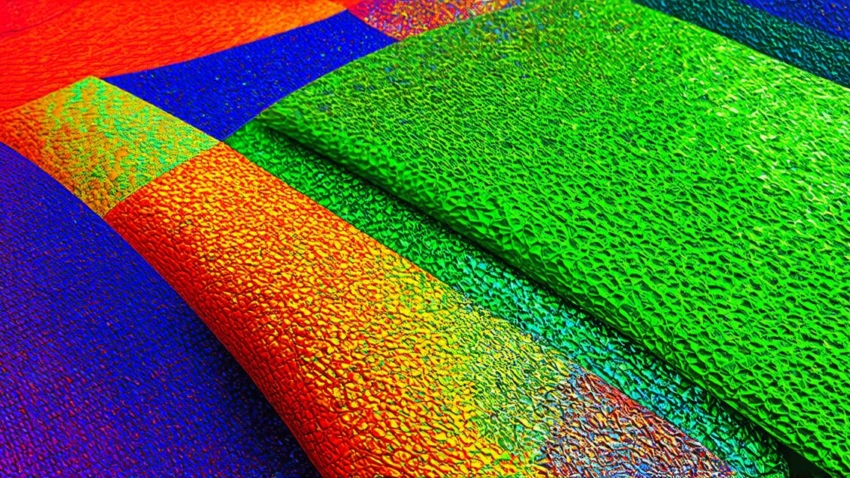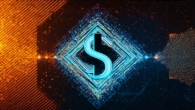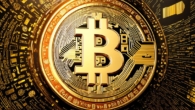
Is it possible to make money from NFTs
In recent years, non-fungible tokens (NFTs) have gained significant attention and popularity in various industries such as art, gaming, and sports. These digital assets are unique and cannot be exchanged for other identical items, making them highly valuable and sought after by collectors.
But is it possible to make money from NFTs? This article will explore the potential opportunities and challenges of monetizing NFTs and provide insights and examples from successful NFT creators and investors.
What are NFTs and How do They Work?
NFTs are digital assets that are stored on blockchain technology, which provides transparency, security, and immutability. Each NFT has a unique identifier or token that represents ownership of the asset. This token is stored on a distributed ledger, making it easy to track ownership, authenticate the asset, and transfer it between buyers and sellers.
NFTs can be anything from digital art to collectibles, rare in-game items, real estate, and even virtual land. The value of NFTs is determined by supply and demand, similar to traditional assets such as stocks and commodities. However, the unique characteristics of NFTs make them highly valuable and desirable by collectors and investors.
Opportunities for Making Money from NFTs
1. Art and Collectibles
One of the most well-known examples of NFTs is in the art world. Artists such as Beeple, Grimes, and Kingsley Zhang have created and sold NFTs representing their digital artworks.
In addition to traditional artists, NFT marketplaces such as OpenSea, Rarible, and SuperRare have emerged to facilitate the buying and selling of NFTs. These platforms allow artists to sell their digital artworks directly to collectors or investors, bypassing traditional galleries and art dealers.
NFTs can also be used to tokenize rare and valuable physical collectibles such as sports memorabilia, comic books, and musical instruments. For example, the NBA has partnered with Dapper Labs to create an NFT marketplace for basketball collectibles, allowing fans to own unique digital assets that represent their favorite players and teams.
2. Gaming and Esports
The gaming industry has also embraced NFTs as a way to monetize digital assets and engage players. In-game items such as skins, weapons, and virtual currency can be sold as NFTs, allowing players to own and trade them outside the game.

Esports teams have also started using NFTs to engage with fans and monetize their digital assets. For example, the NBA’s Top Shot platform allows users to own and trade NFTs representing iconic basketball moments and player highlights.
- Real Estate and Virtual Land
NFTs can also be used to represent real estate and virtual land, allowing buyers and sellers to transact on a blockchain-based platform. This provides transparency, security, and immutability, making it easier to buy, sell, and manage real estate assets.
For example, the Decentraland platform allows users to own and trade virtual real estate as NFTs, creating a new market for digital land and properties. Users can use these assets to build and monetize their own virtual worlds and experiences.
Challenges of Making Money from NFTs
While there are many opportunities to make money from NFTs, there are also challenges that need to be considered. These include:
- Market Volatility
The NFT market is still relatively new, and the value of NFTs can fluctuate significantly due to market volatility. This makes it difficult for investors to predict or manage their returns, and can result in significant losses if they invest in overhyped or overvalued assets.
2. Regulatory Risks
The legal and regulatory landscape surrounding NFTs is still evolving, and there are concerns about how NFTs will be classified and regulated. This can create legal risks for buyers and sellers, particularly if they are operating in jurisdictions with unclear or restrictive laws around NFTs.
3. Competition and Crowding Out
As the popularity of NFTs continues to grow, there is increasing competition among artists, collectors, and investors. This can lead to crowding out, where new entrants struggle to gain traction in the market and established players dominate.
Expert Insights and Real-Life Examples
To better understand the potential of NFTs as a way to make money, it’s helpful to hear from experts and successful NFT creators and investors. Here are some insights and real-life examples:
- "NFTs represent a new era of creativity and ownership in digital assets. As an artist, I’m excited about the opportunities that NFTs provide to monetize my work and connect with fans in new ways." – Beeple, digital artist and NFT creator
- "Investing in NFTs can be risky, but it can also be highly rewarding if you have a strong understanding of the market and are willing to take calculated risks. It’s important to do your research and invest wisely." – Chris Gonsalves, NFT investor and founder of Crypto Art Investments
- "The legal landscape surrounding NFTs is still uncertain, but it’s clear that they represent a new form of digital asset that will have significant implications for the art world, gaming, and other industries. As a lawyer specializing in blockchain technology, I’m closely watching developments in this space and advising clients on how to navigate the legal risks associated with NFTs." – Michael Perlman, attorney and blockchain expert
FAQs
1. What are the key benefits of using NFTs to monetize digital assets?
- Unique ownership transferability
- Transparency and security through blockchain technology
- Access to a global marketplace for buying and selling NFTs
2. How do I create and sell my own NFTs?
- Choose an NFT platform or marketplace that suits your needs
- Create digital assets that can be tokenized as NFTs
- List your NFTs for sale on the platform
3. What are the risks associated with investing in NFTs?
- Market volatility and potential for significant losses
- Regulatory risks and uncertainty around legal classification and regulation
- Competition and crowding out in the market
4. Are there any real-life examples of successful NFT creators or investors?
- Beeple, digital artist and NFT creator
- Chris Gonsalves, NFT investor and founder of Crypto Art Investments
- Michael Perlman, attorney and blockchain expert
Conclusion
NFTs represent a new form of digital asset that has the potential to revolutionize various industries such as art, gaming, and real estate. While there are challenges associated with investing in NFTs







